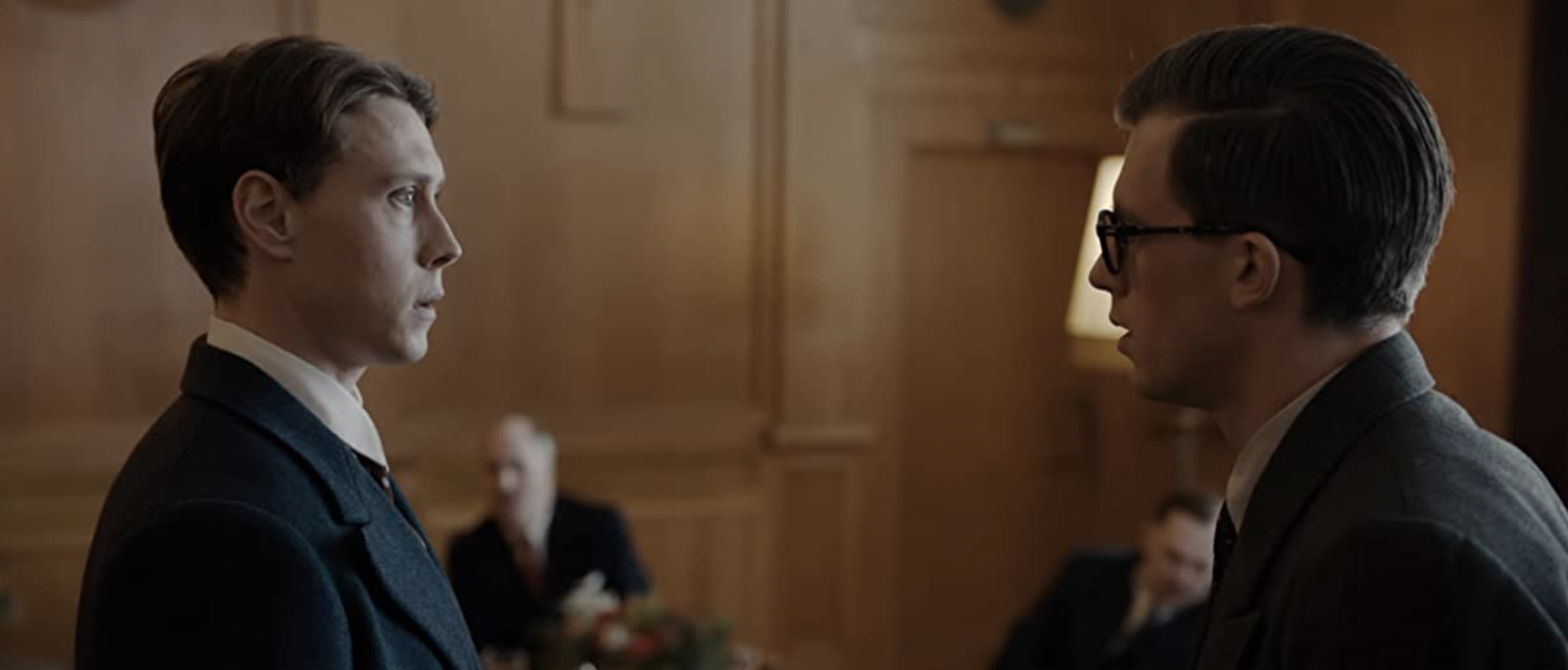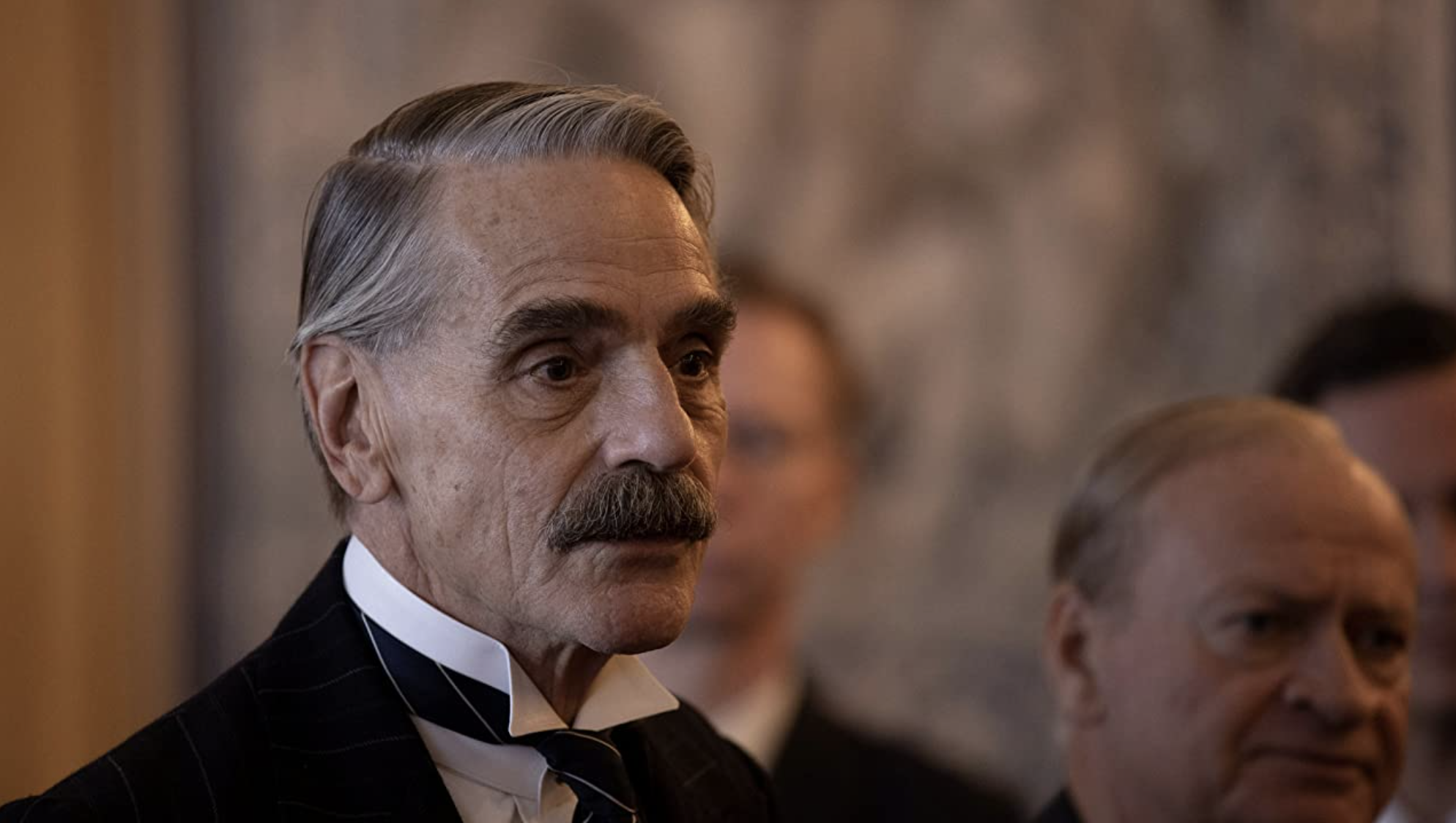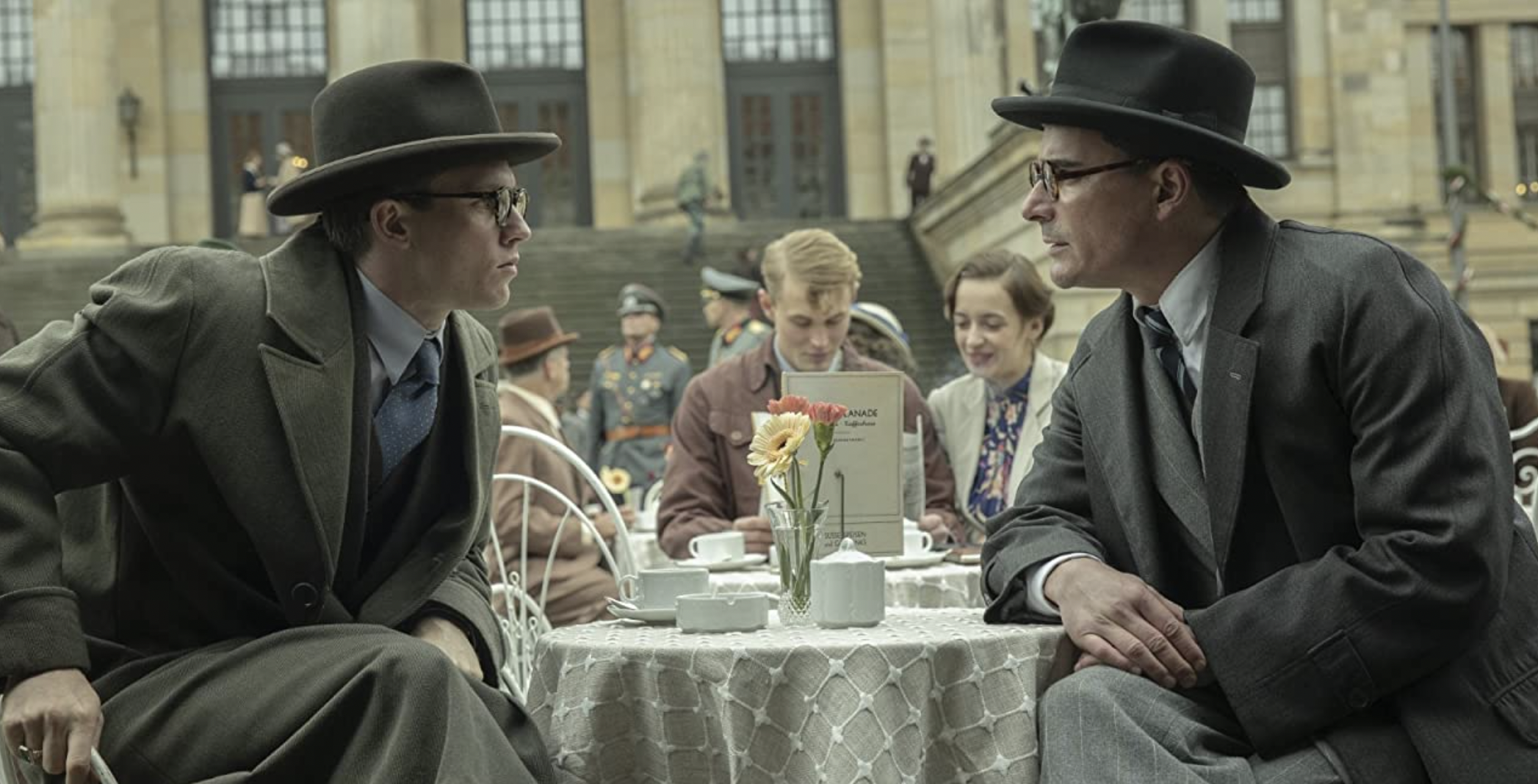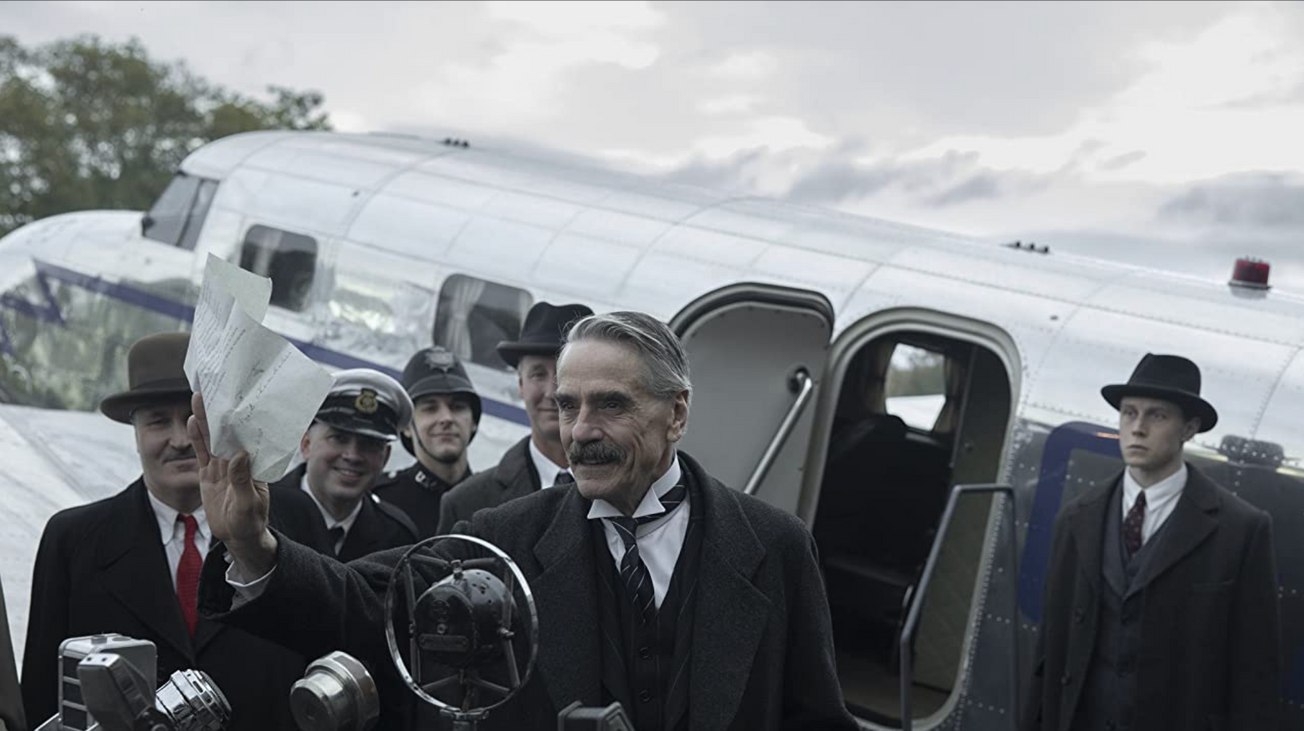By Milan Perera, Second Year, English Literature
It is often said that history is written by victors. This adage could not hold more truth for the life and times of the wartime British prime minister, Neville Chamberlain. Much maligned and ridiculed in the historical annals while his successor, Winston Churchill was lionised everywhere he went.
Adapted from the book of the same title by the bestselling author, Robert Harris, this film is a nuanced portrayal of the disgraced prime minister not as a weakling but as a courageous leader who was willing sacrifice his legacy and reputation in order to stop another bloodshed as he had witnessed in the first world war.

Academy Award winner Jeremy Irons plays Chamberlain to a tee with attention to minute details such as speech, quirks and body language. The sequence of events leading to the infamous Munich agreement is transposed to a spy thriller with the inclusion of the two fictional characters who turned out to be working for the civil services for Germany and Great Britain.
Hugh Legat is a civil servant who won the favour of the prime minister and is trusted into the inner circle of the premier, but he is soon assigned to double up as an intelligence personal under the orders of MI6 to gather some vital intelligence from a certain dissident German diplomat. This disgruntled diplomat turned out to be Legat’s Oxford classmate, Paul von Hartmann. George MacKay and Jannis Niewöhner respectively play the officials of shifting loyalties with aplomb. The veteran German actor Ulrich Matthes renders one menacing Adolph Hitler with a razor-sharp gaze and an unnerving presence. Matthes is no stranger to WWII drama, where previously he played Joseph Goebbels to much acclaim in the 2004 movie, Downfall.

There are notable performances from Alex Jennings and Mark Lewis Jones who respectively play Horace Wilson and Edmund Cleverly while Jessica Brown Findlay plays the long-suffering wife of Hugh Legat who is kept in the dark about his secret missions.
Despite the stellar cast and the production team behind this Herculean project, the movie is at a great disadvantage as an espionage thriller as the audiences are fully aware of the end outcome. There were moments of suspense and rising tension as when von Hartmann was alone with Hitler behind closed doors. The dissident official carries a revolver behind his briefing files, but we know that it materialises to nought as the leader of the Third Reich went on to wreak havoc on Europe.

But the human drama is captured with nuance and empathy. The scene where Chamberlain feeds birds in his well-manicured garden, confessing to his wife and Legat that he would gladly stand against the wall and be shot if it prevented war. Even after he signed the infamous Munich agreement, he is shown as in no way under a false sense of security but acutely aware that Hitler could breach the agreement at any moment and throw Europe into chaos and bloodshed. If it must take the trajectory of war, there would be at least some more time to prepare for one.
A spectacular piece of cinema on modern history that was bound to divide fans and critics alike for its revisionism, Munich proves entertaining regardless of where you sit on the fence of reality.
Featured Image: IMDB
How do you feel about Munich's revisionism?









